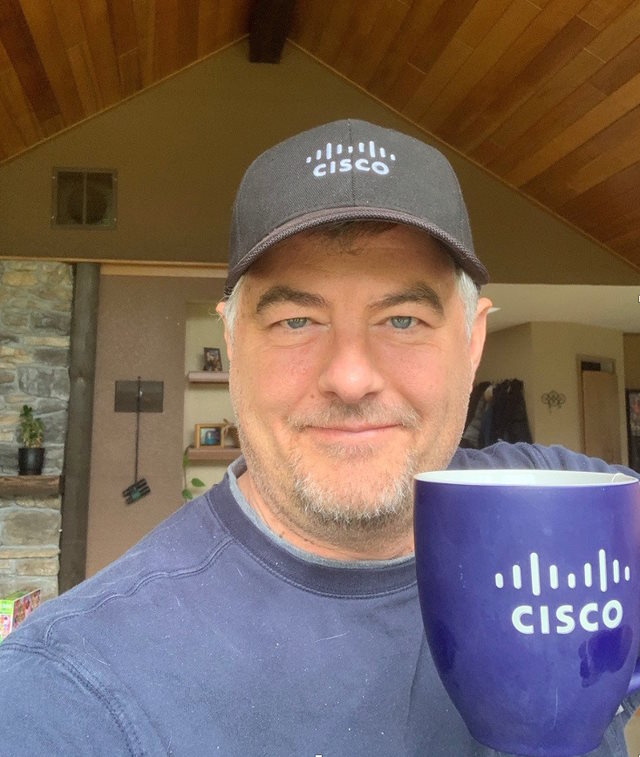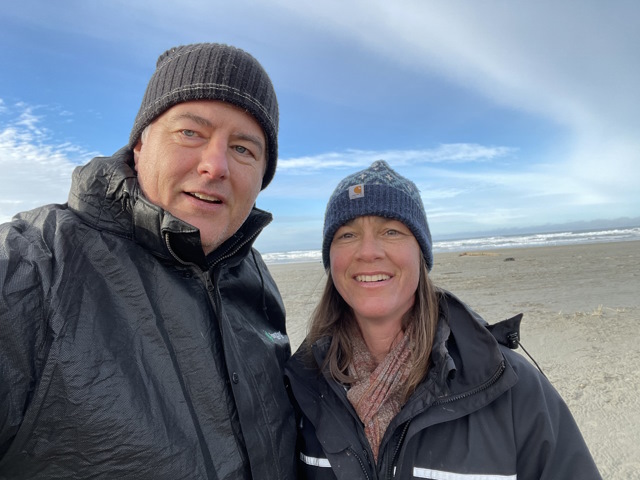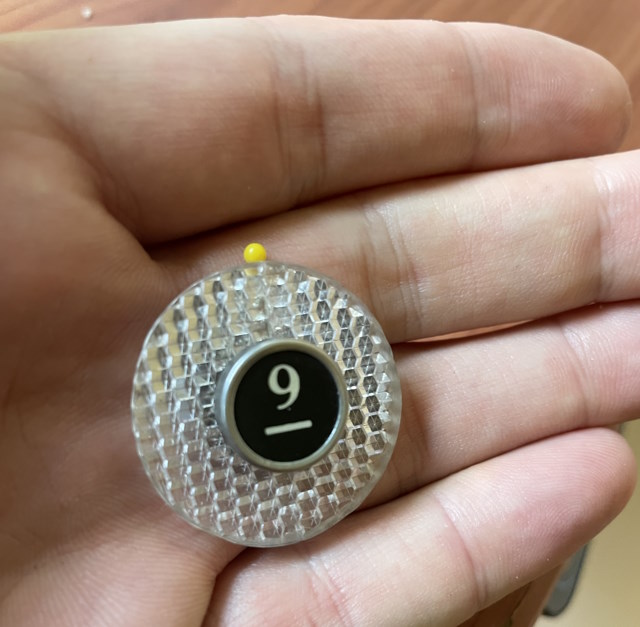2023-February-02
Did you know? You can share this story using the social media icons on the upper left. Use the hashtag #WeAreCisco. You can also rate or comment on the story below.
How Did Dry January Go For You?
BY BRETT LOVINS · PROJECT MANAGER · UNITED STATES
WITH HELEN GALL
5 MINUTE READ · 7 MINUTE LISTEN
Editor’s note: The following story includes alcoholism and addiction, which might be upsetting to some readers. For mental health resources and support, visit the #SafeToTalk online community. Or contact the Employee Assistance Program (EAP), which offers short-term counseling, including emotional and mental health problems, marital and family problems, financial problems, dependent care concerns, and other personal problems. EAP is also qualified to assess and refer employees with alcohol and addiction issues.
What began in January 2013 in the U.K. as part of marathon runner Emily Robinson’s training plan, Dry January has become a global movement, with one in five of us taking part.
Some use it as chance to recover from the Christmas parties and New Year celebrations to kickstart a healthier year.

Personally, when I used to attempt abstaining for a month, I chose February, for the obvious reason that it is the shortest month of the year! I never made it to the end of the month. Just like when I would say, “I’m only going to drink on the weekends,” it never lasted.
I now know that I have a condition. A disease.
I’m gonna hold off on using the word that describes it because there was a time when that particular word would have made me stop reading right here. I disliked the word that much.
So, I’ll describe my condition: I can’t drink a little.
For most of my drinking — and drugging — life, I wasn’t interested in drinking a little. Quite the opposite.
I consumed massive quantities with fervor and repetition. And it turns out that the medical journals are accurate. It is progressive, and it gets worse.
When my wife and I moved away from the college town where we met and landed in a remote spot in Florida, I began a new chapter. Separated from all my drinking friends, I attempted the “m” word — moderation.
For the next seven years, I tried to drink moderately, and I failed daily. It never occurred to me that I couldn’t drink a little.
Instead, confused by my failure, I berated myself with shame about being weak and having no willpower. Stigma, shame, and fear prevented me from getting curious and potentially trying to understand my predicament.
Here’s the problem: That mental turmoil lifted as soon as that first drink made its way down my gullet and the next eight minutes of bliss took hold.
I’d say to myself, “Okay, remember you are moderating. This buzz is great. Time to stop.”
Fail. I couldn’t stop.
What the hell is wrong with me?!

In 2012, I could no longer ignore the obvious signs of deterioration that one would expect from drinking as much I was.
I finally got honest with a medical doctor. My wife accompanied me to that appointment. She witnessed my honesty with a medical professional for the very first time about my drinking and cried. You see, she had a front row seat to what the progressive nature of the “I can’t drink a little” disease looks like.
The doctor said five words that scared the heck out of me: “You might need some help.”
I pause now and look to the reader who is thinking: “Well, why didn’t you just stop or moderate?”
It seems so obvious doesn’t it? I mean, you have to pour the fluid down your throat. Just stop doing that.
Here’s where it gets interesting: Like millions of others — roughly one in 10 — I couldn’t. That might seem silly, but it’s true. It took me seven painful years to figure that out.
I did get help.
I found other people in recovery. Now, I protect my sobriety like my life depends on it — because it does.
I’m one of the lucky ones. I’ve been sober nine years, eight months, and 5 days as I write this. (Yes, there’s an app for that.)
I keep my condition right in front of me, so I don’t forget.
I’ve heard so many relapse stories, and I learn from them all. But the lesson that is pretty consistent: Some people can’t drink a little, and I’m one of them. When we try, it doesn’t go well.
Last October, as part of Mental Health Awareness Week, I got over another shame and stigma hurdle as a sober person. I shared my story in a conversation with Dr. Mira Zein.
That momentum led me to start a podcast, which I hope will help people get curious — for themselves and for people they love — and combat the stigma that often gets in the way of recovery.

I’m also an ambassador for an amazing nonprofit group called Shatterproof.org, which gives families the support they need to overcome addiction. I helped get them added to Bright Funds so they are eligible for matching donations and can do more amazing work.
I see Dry January as a way to ritualize a yearly check in with yourself and your relationship with alcohol. I’m sure many of you that took on the challenge got a lot out of it.
For some, it might have been a very difficult month.
I’ve been there. There’s help available if you can find the courage and curiosity to seek it out.
It could be that you can’t drink a little either. You are not alone.
With Dry January in its tenth year, there has been an explosion of articles and information about it. The phrase “sober curious” pops up more too.
And if you or a loved one has what I have, there are resources to help you learn more about this treatable condition. Sobriety is one of the greatest gifts I could have given myself and likely saved my life.
Related Links
- Alcoholics Anonymous (AA)
- SMART Recovery
- Al-Anon for Families and Friends of Alcoholics
- Alcoholism in the workplace, a handbook for managers
- Employee and Family Assistance Program (EAP)
- Global Wellbeing Community
- Join the #SafeToTalk Webex space
Connect everything. Innovate everywhere. Benefit everyone.
Share your thoughts!
Log in to rate and commentShare your thoughts on the story here!